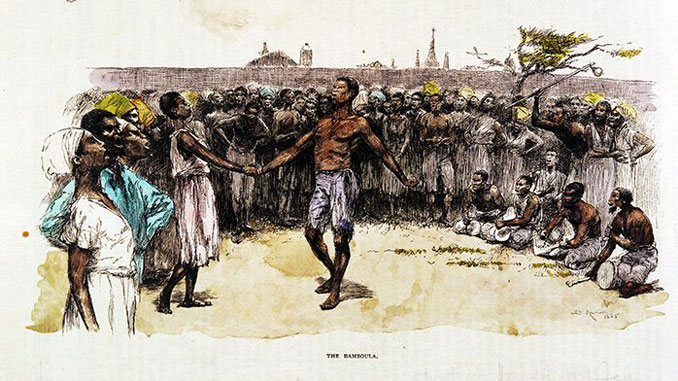
Eric Connerly Data News Weekly Contributor
In what has been called the most African-influenced city in the U.S., the Black History of New Orleans is rich and multifaceted, truly reflecting the unique cultural and social landscape of the city. This month Data News Weekly will take our readers on a journey exploring the impact of the Black people of New Orleans and how they are important in shaping the unique cultural heritage of the city.
African Influence and Heritage
New Orleans has a strong African Heritage, brought by enslaved Africans who were forced to the city during the Transatlantic Slave Trade. Their influence is deeply embedded in the city’s culture, from music to cuisine, and religious practices.
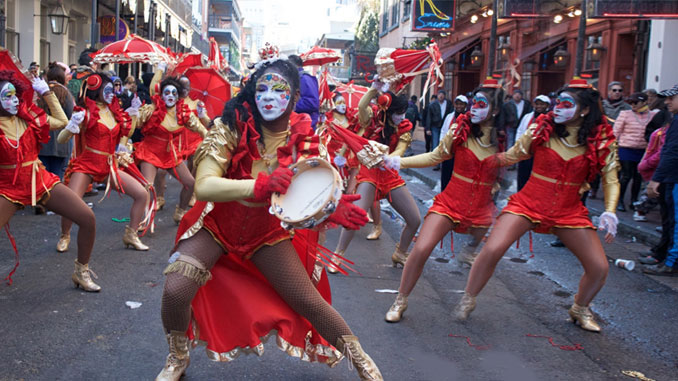 Slavery and the Slave Trade
Slavery and the Slave Trade
New Orleans was one of the largest slave markets in the United States. The city’s economy heavily relied on slave labor, particularly in the plantation system surrounding it. Enslaved Africans in New Orleans faced brutal conditions, but they also resisted in various ways and formed their own communities.
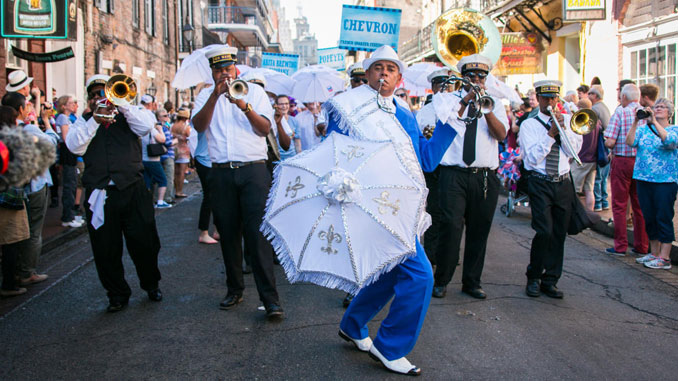 Free People of Color
Free People of Color
New Orleans had a significant population of free people of color, known as “gens de couleur libres.” This group, often of mixed African and European descent, occupied a unique social and economic position in the city. They were instrumental in shaping the Cultural Landscape of New Orleans.
Civil Rights Movement
Like other Southern cities, New Orleans was a Battleground for Civil Rights. The city saw various protests and efforts to desegregate public spaces and schools. Notable figures in these movements included activists like Oretha Castle Haley, Jerome Smith, and A.P. Tureaud.
 Jazz and Music
Jazz and Music
New Orleans is the birthplace of jazz, a genre deeply rooted in African American History and Culture. Legendary musicians such as Louis Armstrong, Sidney Bechet, and Buddy Bolden came from New Orleans, shaping the course of music history.
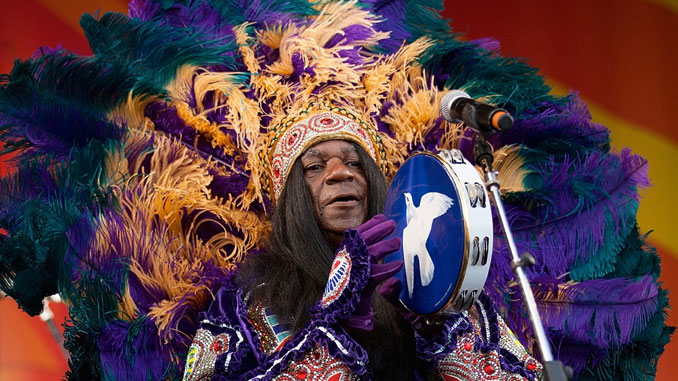 Mardi Gras Indians
Mardi Gras Indians
The Mardi Gras Indians are a unique cultural group in New Orleans, consisting of Black residents who dress in elaborate, hand-made costumes resembling Native American Ceremonial Attire. This tradition honors the solidarity between African Americans and Native Americans.
Hurricane Katrina and Its Aftermath
Hurricane Katrina in 2005 disproportionately affected New Orleans’ Black community. The disaster highlighted longstanding issues of racial and economic inequality. The rebuilding process also led to significant demographic and cultural changes in the city.
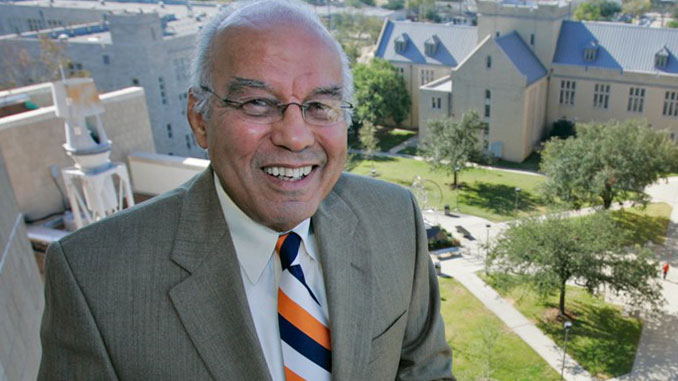 Contemporary Culture and Issues
Contemporary Culture and Issues
Today, New Orleans continues to be shaped by its African American community. Issues such as gentrification, cultural preservation, and economic inequality are at the forefront of current discussions about the city’s future. These aspects represent just a glimpse into the complex and vibrant Black History of New Orleans, a history that continues to influence the city profoundly.
Recommended For You.



Be the first to comment